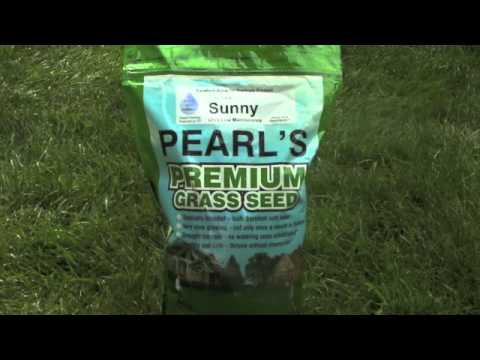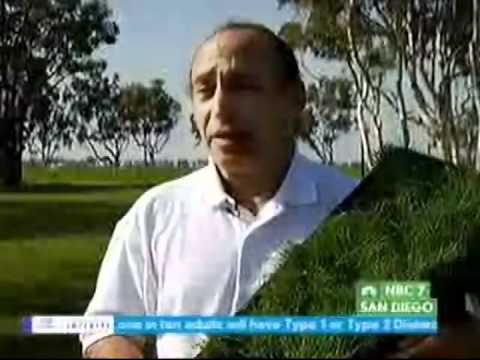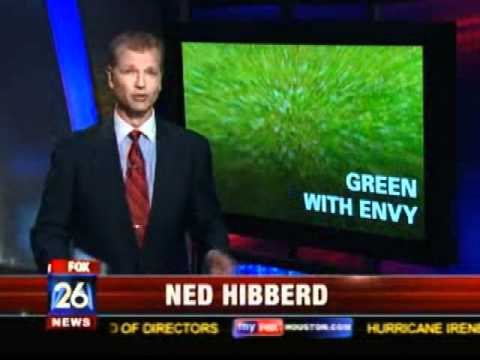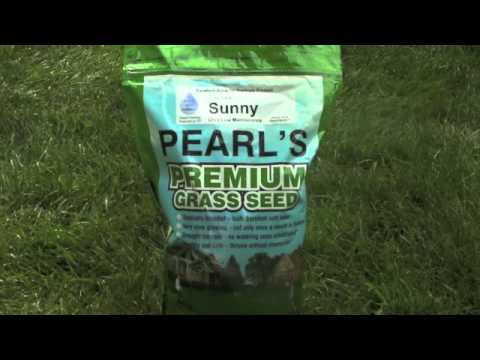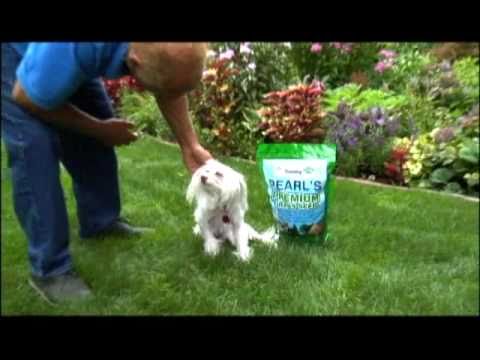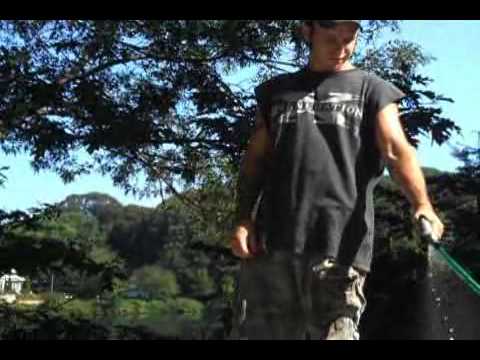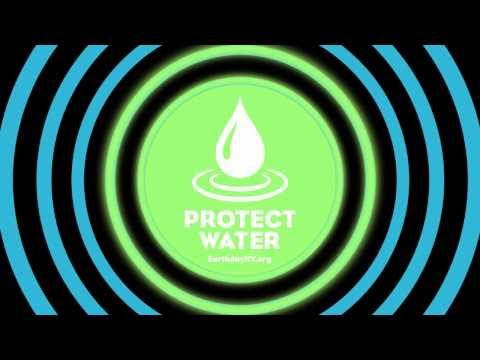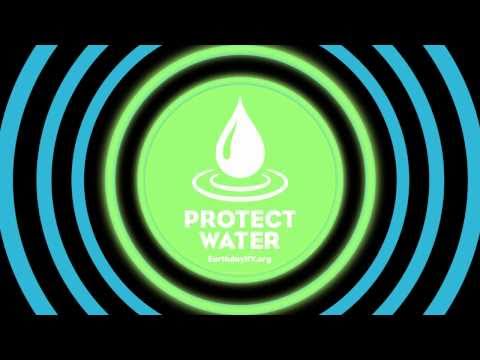Home and Garden Ideas tells "All About Pearl Grass Seed"
Pearl's Premium grass seed, sold at stores such as Whole Foods, is a grass seed that is marketed as being earth-friendly and ultra low maintenance. The manufacturers say that the low maintenance requirements save consumers time and money. For example, because the grass only needs to be mowed once per month, consumers save the costs associated with mowing; and because the grass has limited water requirements, consumers don't spend as much money watering their grass.
The company reports that its secret is the grass's roots. The seed mixture grows roots that extend up to 12 inches deep after one year of growth, meaning that the grass is able to tap into naturally-occurring moisture in the ground; this moisture-gathering habit means that you don't have to water it as often and the grass is very drought resistant. The roots also work to tap into deep-seated nutrients, meaning that you don't have to use as many chemical treatments on the lawn. The grass grows slowly above ground, which reduces the need to mow it frequently.
The grass is lush and soft, perfect for barefoot walking. It's greener year-round than other commercially available grasses, and it reduces the amount of chemicals found in your lawn. The seed isn't genetically modified and it adapts readily to most areas. There are two varieties of seed: the sunny mixture and the shady mixture. The sunny mixture is perfect for areas that receive full sun to half sun exposure; the shady mixture is great for areas that receive full shade up to half shade exposure.
Because this grass calls for less watering, fewer chemicals, and less mowing, the grass helps you cut your carbon footprint. This benefit allows you to help the environment and your wallet because you will be spending less money to maintain your lawn. And using fewer chemicals protects your family and pets; in fact, some studies suggest that an increase in cancers found in dogs (46 percent of dogs get cancer today; that's up from 5 percent 50 years ago) is a direct result in an increased use of pesticides, fertilizers, and herbicides used on lawns.
This seed can be found readily at stores in New England, but can also be found in areas of Kentucky, Ohio, and Virginia.
read the full story: http://www.homeandgardenideas.com/outdoor-living/lawn-care/seeding/all-a...



